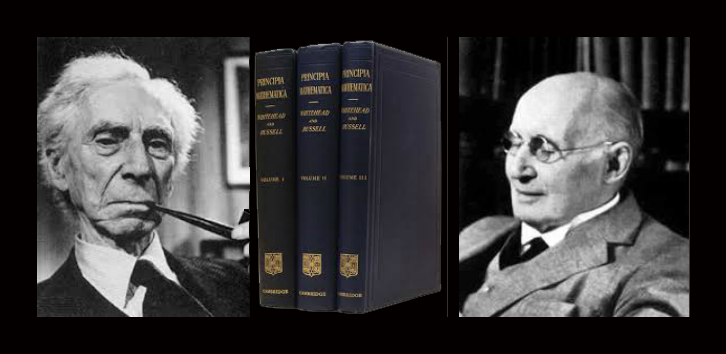Turn Your Teaching Into Publications #2: How Research and Teaching are Mutually Beneficial
This entry isn't about how to turn your teaching into publications. Those are yet to come. This is instead an explanation for why it's beneficial to conduct research at all if you are a teacher. It's important to know the reason behind something before learning how to do that something. 😊
How Research Supports Teaching
Research and teaching (as well as university service) are generally kept separate. When they are discussed together at all, it is usually in terms of a zero-sum game where a professor has a limited amount of time to spend. For instance, “If I give ten hours to research, then that means less time for writing lectures or grading.”
I don’t see teaching and research as divided at all. If done correctly, teaching improves research and research improves teaching. For this I’m talking about any research program that isn’t classroom-focused. (The benefit and time-saving of conducting classroom-based research has already been described in Entry 1 of this series).
For instance, I was recently studying masking among college students on campus or in the classroom. Masking is when a person tries to perform a specific role of which they believe others will be more accepting. When I’m hard at work thinking about or studying data on this topic, I’m more perceptive of masking in my students, which is to say I’m more aware of who they are and what they're doing. My time spent studying student experience outside of class helps me to be more empathic and engaged with students in the classroom.
Of course, this is an advantage to studying a population of college students. But the benefits don’t stop there. I’m also more willing to say, “I don’t know” or, “I’m not sure yet,” because this sort of patience is important during the research process. When I’m practicing the traits of an excellent researcher outside of class, these traits make their way into the classroom. I’m more creative, and I’m more willing to challenge my understanding or look at something from another point of view. I'm more willing to participate in the learning process alongside students.
How Teaching Supports Research
And the reverse is also true—that is, teaching will help you improve your research. When I am hard at work on a project, my students, without even realizing it, provide me with fresh perspectives, stories, questions, and solutions. Given my role as professor at a historically black university, I often study the learning experiences of black students. The literature on the subject is repeatedly at odds with the perceptions and awareness of my students. My students provide me with valuable insight, and this insight makes its way into my research design, analyses, and publications.
In the examples I’ve given, I am talking about nonclassroom-based research. If you are conducting classroom-based research, then you not only get the reciprocal benefit where research and teaching improve each other. In classroom-based research, you also have the benefit of doing both jobs simultaneously.
When it comes to professional development for college professors, my thinking is aligned with that of Alfred North Whitehead (no relation). Many bright intellectuals understand the logical foundations of mathematics. But only Whitehead (and his colleague Bertrand Russell) can claim to have written the textbook on the subject. The pair were legendary in their contributions to mathematics and philosophy.
After Whitehead and Russell published their Principia Mathematica, Harvard University saw the opportunity to add a world-famous scholar to their faculty. They invited Whitehead to teach logic to their Harvard students. Whitehead agreed, but he took the opportunity to provide a dynamic and exciting learning experience. Whitehead’s courses were called “Logic,” but he led students through a Socratic classroom experience he called “Philosophizing.” (Whitehead’s philosophy of education can be found in Aims of Education and Science and Philosophy. The story of Whitehead’s philosophizing was captured by his former student Malcolm Knowles.) I followed Whitehead’s inspiration by titling my first book Psychologizing (Whitehead, 2016).
About university education, Whitehead maintained that its duty was that it “preserves the connection between knowledge and the zest of life, by uniting the young and the old in the imaginative consideration of learning” (AE, 93). The students bring with them flexible imaginations; faculty bring knowledge of the facts and experience working with them. “The tragedy of the world is that those who are imagiatve have but slight experience, and those who are xperienced have feeble imagations. Fools act on imagination without knowledge; pedants act on knowledge without imagination. The task of a university is to weld together imagination and experience” (AE, p. 93).
I don’t want my research and writing to be pedantic, do you?
Since reading all of this in graduate school when I was just beginning as an instructor, I decided that part of my professional development as a teacher would take place in the laboratory (so to speak; I almost never work in a laboratory). I wouldn’t be turning my back on teaching when reading about something something unrelated to my courses. I would be doing a sort of teacher cross training. I would be working on my knowledge and experience to bring into the classroom. Then students would supply me with the imagination I needed to continue doing good work.



Comments
Post a Comment